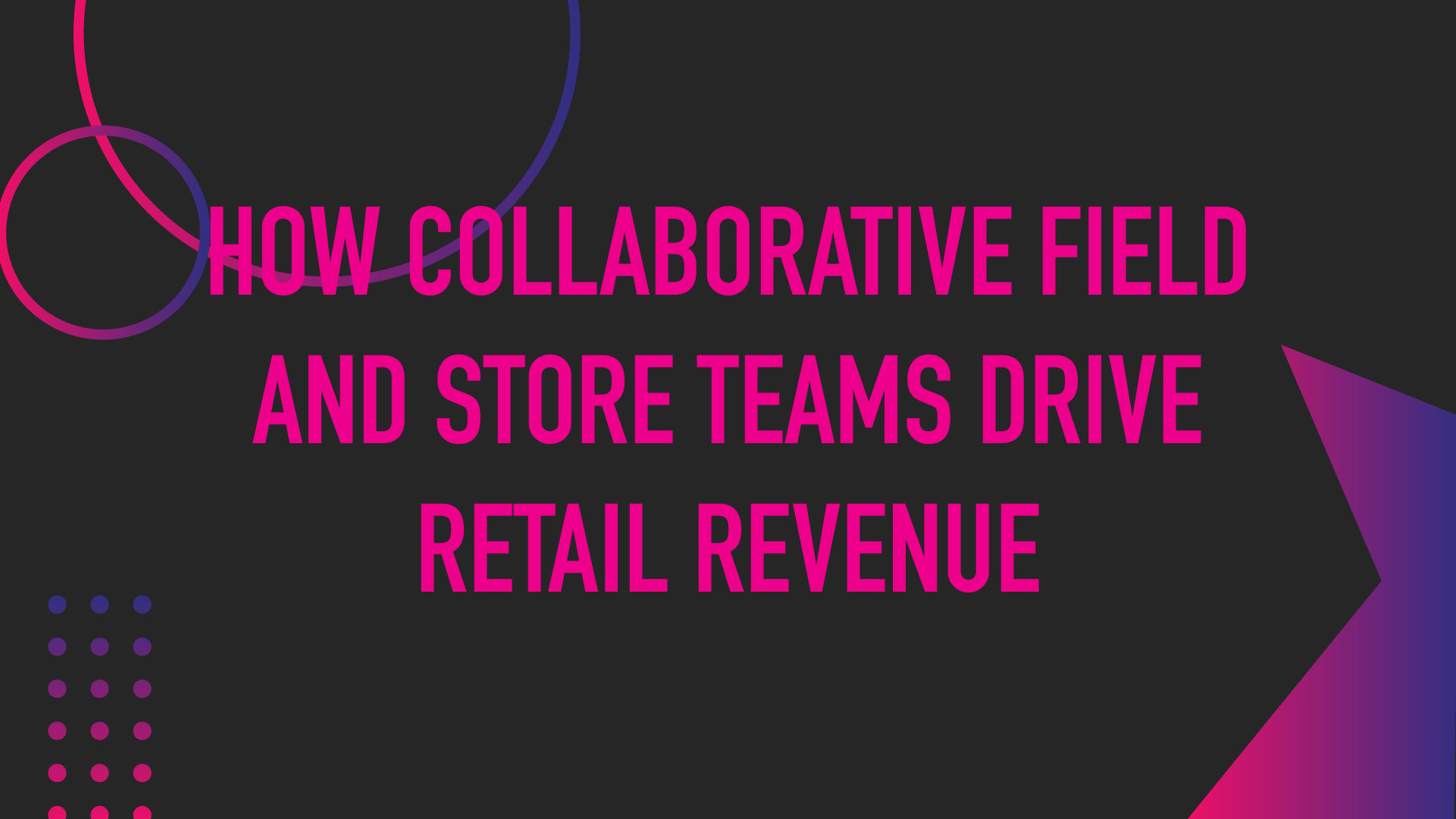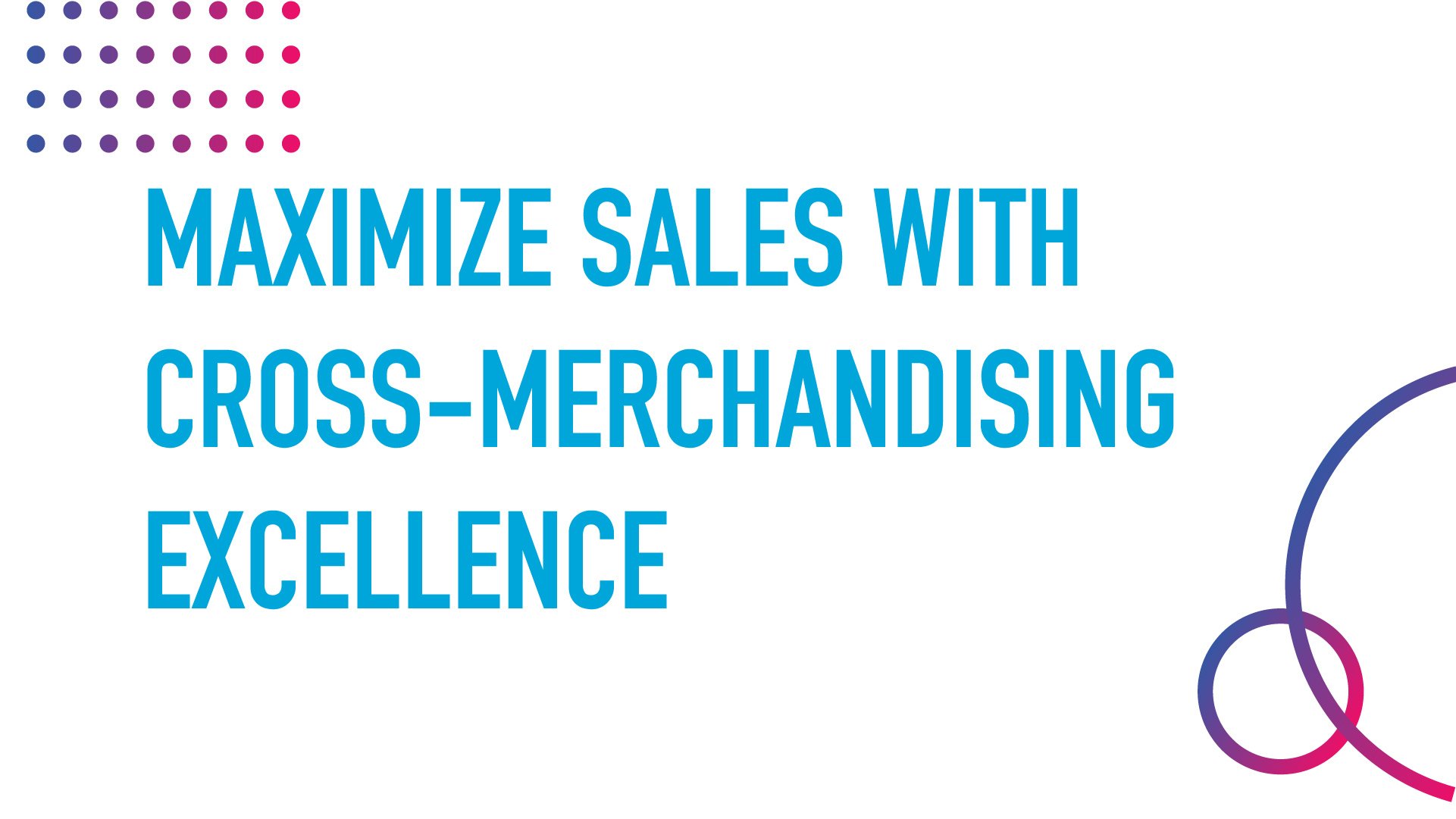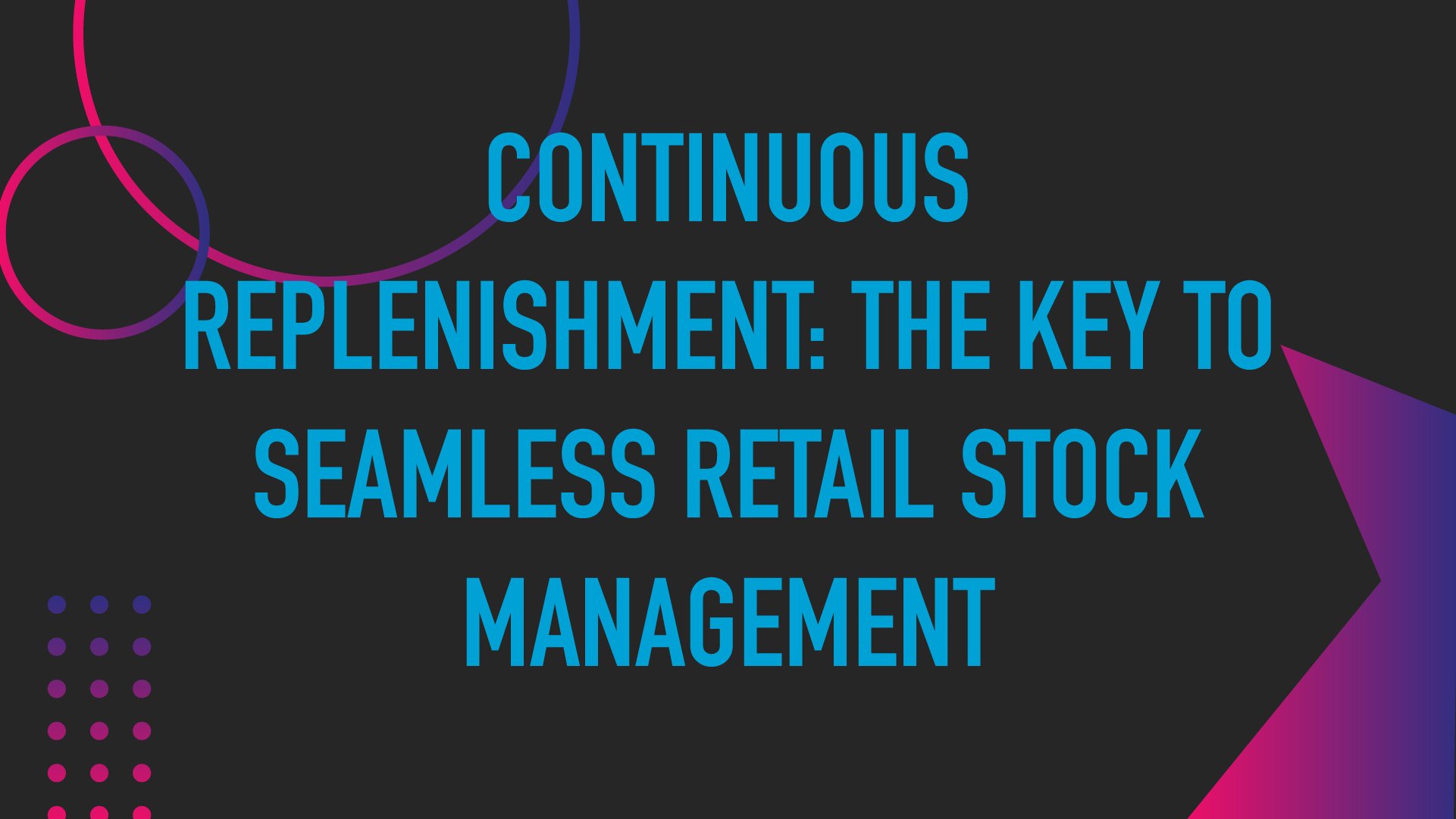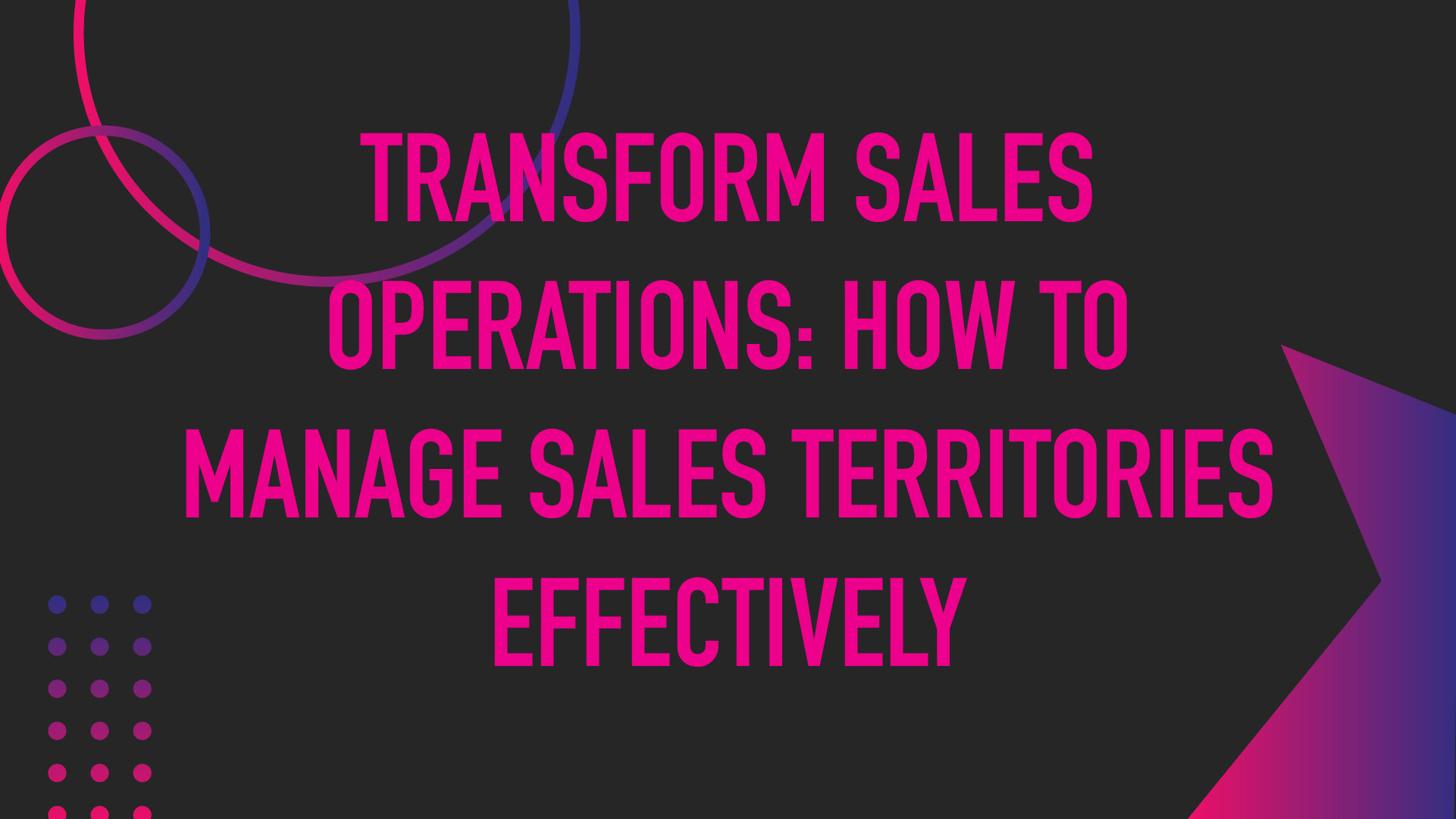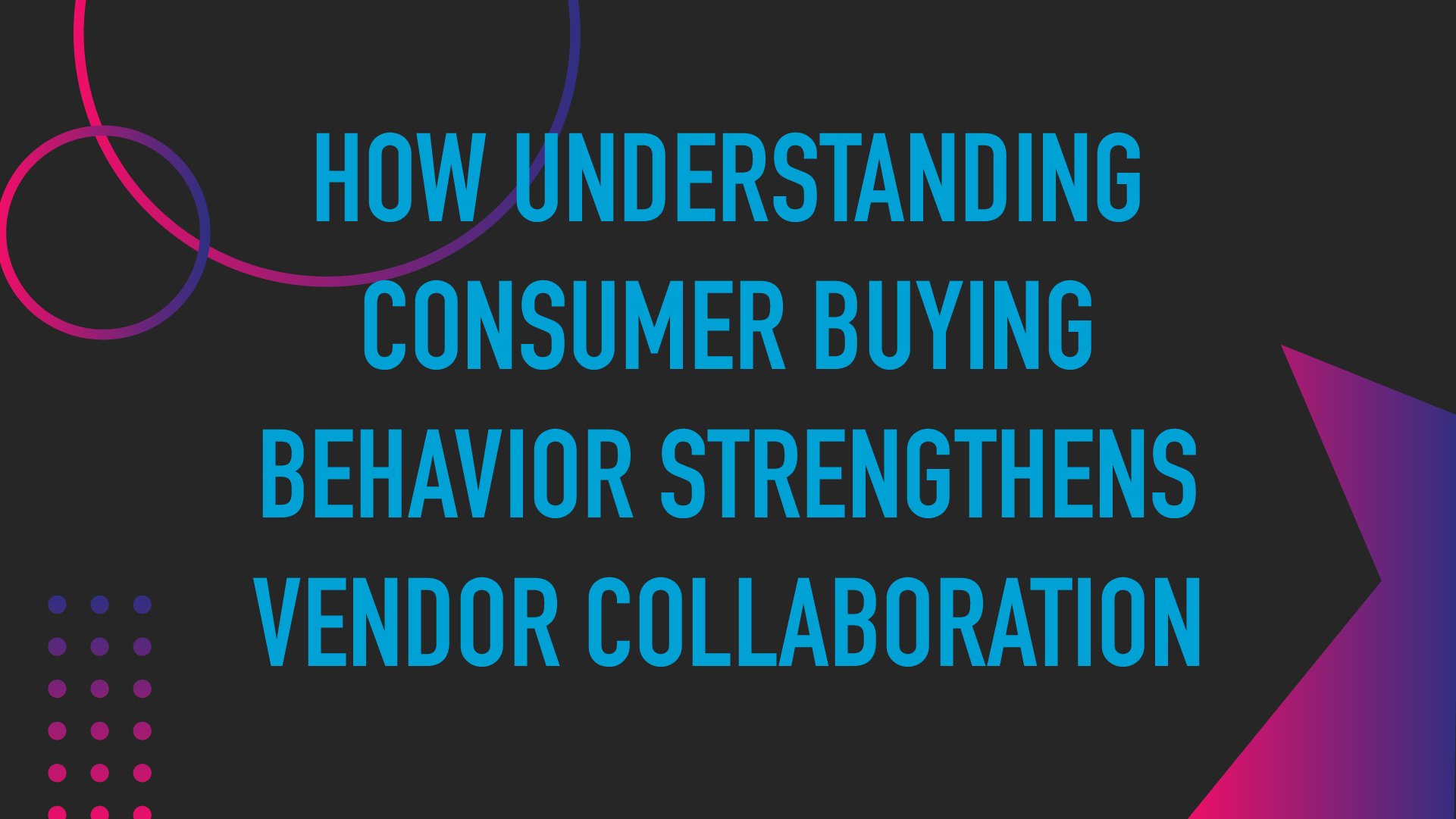Automation and AI: The Powerhouses Behind Scalable Experiential Marketing


Today’s consumers, particularly millennials and Gen Z, are looking for genuine connections. They don't just want to buy products; they want to be part of the story a brand tells. With shoppers likely to spend up to 140% more following a positive experience, brands are catching on that offline experiences matter more than ever.
Experiential marketing has emerged as a key strategy for creating memorable brand interactions. However, scaling these immersive experiences across multiple locations presents unique challenges. Automation and Artificial Intelligence (AI) are transforming experiential marketing for brands, allowing them to streamline operations, personalize consumer experiences, and provide the efficiency needed to take experiential marketing to the next level.
Why Automation and AI are Essential for Experiential Marketing
As the retail landscape grows more competitive, brands need to find ways to engage customers while maintaining operational efficiency. Automation and AI allow teams to execute and scale their experiential marketing campaigns without sacrificing the quality of the customer experience.
Brands leveraging these technologies can automate repetitive tasks, optimize event scheduling, and ensure that every store or location maintains the same level of brand experience. These tools allow brand reps the freedom to drive deeper engagement with one-on-one interactions by taking over the monotonous logistics, helping teams run a people-focused approach.
Logistics Optimization for Seamless Execution
Behind every successful experiential marketing campaign is coordinated logistical effort. Automation and AI are vital in making sure everything runs smoothly and efficiently. With these tech tools, executing campaigns becomes a breeze, allowing teams to focus on creativity and engagement.
Supply Chain Management
AI helps optimize the distribution of promotional materials and products across multiple locations, reducing the risk of stock shortages or delivery delays. This is particularly useful for campaigns that span several markets or regions.
Staff Allocation
Automated systems can analyze data on foot traffic and event attendance to optimize staffing levels. By ensuring that the right number of employees is on hand for each event, brands can improve customer service while reducing unnecessary labor costs.
Performance Tracking
AI tools monitor campaign performance across all locations, providing teams with real-time feedback on key metrics such as sales, engagement, and customer satisfaction. This enables brands to quickly identify areas for improvement and ensure that each location contributes to the campaign's overall success.
Streamlined Campaign Management with Automation
Running large-scale experiential marketing campaigns often involves managing several moving parts, from promotional materials and inventory to event schedules and team communications. Automation helps streamline these processes, ensuring campaigns run smoothly across multiple locations.
Inventory Management
Automated inventory management systems ensure that promotional materials and products are delivered to each location on time and in the right quantities. These systems can prevent stockouts and overstock situations, keeping each event well-supplied to offer a consistent consumer experience.
Event Scheduling
AI-powered scheduling tools take the guesswork out of event planning. These tools analyze historical data to predict peak times for customer engagement and optimize event timing and staffing accordingly. This ensures that events are well-attended and that resources are appropriately allocated.
Communication
Keeping teams aligned during a campaign can be challenging, especially when managing multiple locations. Automated communication platforms streamline the flow of information, ensuring that store managers, field teams, and corporate offices stay on the same page throughout the campaign.
Personalized Consumer Experiences through AI
AI is revolutionizing experiential marketing by enabling brands to deliver highly personalized consumer experiences that resonate on a deeper level. By integrating AI into experiential marketing campaigns, brands can not only elevate the customer experience but also drive deeper engagement and long-term loyalty.
Tailored Recommendations
AI-powered systems continuously analyze consumer data, such as previous interactions, browsing behavior, and purchase history, to offer product recommendations or content uniquely tailored to each individual’s preferences. This approach significantly increases consumer engagement. Over 60% of consumers expect personalization as a standard of service and are more likely to engage with brands that deliver personalized experiences. By leveraging these insights, brands can create dynamic, responsive interactions that make consumers feel understood and valued, which is crucial for cultivating loyalty and enhancing the overall shopping experience.
Dynamic Content
In experiential marketing, AI enhances the ability to adjust content in real time based on consumer behavior and demographic data. Whether it's through interactive displays or digital signage, AI ensures that each interaction is relevant and engaging, regardless of the location or event.
Dynamic content can be adapted for in-store displays, which can respond to the demographics of the audience and adjust messages accordingly to maintain relevance. This ensures that whether consumers are engaging with your brand at a flagship store or a pop-up event, the content feels uniquely tailored to them, enhancing engagement and driving better outcomes.
Predictive Analytics
AI also provides predictive analytics capabilities that allow brands to anticipate consumer behavior and proactively adjust marketing strategies. Predictive tools can identify which products or services are likely to resonate most during an event, allowing teams to focus resources on high-impact areas. Research shows that companies using predictive analytics can increase their profitability by 20% or more. This forward-thinking capability enables brands to stay ahead of trends and optimize their experiential marketing efforts in real time.
Efficient Data Collection and Analysis with Automation
Data is the backbone of successful experiential marketing campaigns. Automation and AI allow brands to gather and analyze data more efficiently, enabling them to continuously improve their marketing strategies.
Real-time Data Gathering
Automated systems collect data from various touch points—such as mobile apps, online interactions, and in-store sensors—providing a comprehensive view of consumer behavior. This data can be analyzed in real time, allowing brands to adjust their campaigns on the fly.
Advanced Analytics
AI excels at processing large datasets, sifting through information to identify patterns and trends. Brands can use this data to refine their marketing strategies, improving their short-term campaign performance and long-term customer engagement.
Predictive Modeling
AI’s predictive modeling capabilities allow brands to forecast campaign outcomes based on historical data. This insight helps marketers fine-tune their campaigns, ensuring that appropriate resources are allocated efficiently and goals are met.
Scaling Experiential Marketing with Automation and AI
Automation and AI provide the tools to scale experiential marketing campaigns without compromising quality or consistency.
Consistent Experiences
Automated systems ensure that every location delivers a consistent brand experience. Whether a customer visits a store in New York or Los Angeles, they will encounter the same high-quality campaign execution.
Rapid Deployment
AI-powered tools allow brands to launch campaigns more quickly, enabling them to capitalize on market opportunities without lengthy setup times. This agility is crucial for brands looking to stay ahead in today’s fast-moving retail environment.
Adaptive Campaigns
AI enables campaigns to adapt to local preferences without losing the overarching brand message. This flexibility ensures campaigns resonate with diverse audiences while maintaining a unified brand identity.
Finding the Balance
While automation and AI bring immense value to scaling experiential marketing efforts, over-reliance on these technologies can lead to unintended consequences. One of the major pitfalls is the risk of losing the personal touch that defines a successful experiential marketing campaign. A PwC study reveals that only 3% of U.S. consumers desire fully automated experiences, highlighting the importance of striking the balance between technology and human interaction.
While technology can streamline operations, brand representatives should always be on-site to provide the personal touch that makes campaigns resonate on a deeper level. Human representatives can engage in spontaneous conversations, build rapport, and create a unique, memorable experience tailored to each consumer's needs.
By combining the efficiency of automation with the warmth of human interaction, brands can ensure that their experiential marketing campaigns are both scalable and emotionally impactful. The ideal approach is a hybrid one—leveraging automation for logistical tasks like scheduling, inventory management, and data collection, while relying on brand reps to build emotional connections that last.
Automation and AI as the Future of Experiential Marketing
As experiential marketing continues to evolve, automation and AI will continue to play an increasingly vital role in helping brands scale their efforts. These technologies not only enhance operational efficiency but also create more personalized, impactful consumer experiences. For brands looking to remain competitive, embracing automation and AI is no longer optional—it’s a necessity.

Experiential Marketing: Turning Shoppers into Loyal Customers
 If you want a complete how-to checklist of setting up a campaign that turns regular shoppers into loyal customers, checkout our Experiential Marketing Guide.
If you want a complete how-to checklist of setting up a campaign that turns regular shoppers into loyal customers, checkout our Experiential Marketing Guide.
In today’s digital age, shoppers crave experiences over mere transactions. This shift makes experiential marketing essential for brands seeking lasting connections. By offering unique, memorable events that resonate emotionally, businesses can convert casual customers into lifelong advocates. A great example is Red Bull's daring space jump, which aligned perfectly with its adventurous brand ethos.
To succeed, brands must deeply understand their audience, develop emotionally-driven concepts, and creatively market these campaigns across physical and digital spaces. Ongoing engagement, consistent brand integration, and effective use of tools like Movista for event execution are key to long-term success.
featured content
featured content

The Importance of On-Shelf Availability in Retail: Why Keeping Items Stocked is Critical for Competitiveness in 2026
Learn why on-shelf availability is critical in today's retail store environment

